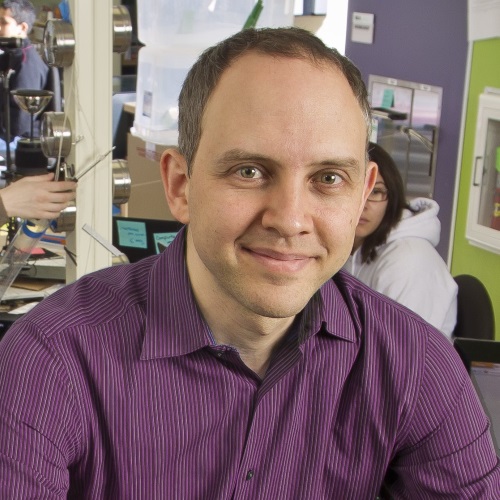Paulo Blikstein is an assistant professor at the Stanford Graduate School of Education and (by courtesy) the Computer Science Department, where he directs the Transformative Learning Technologies Lab (TLTL) and co-directs the Lemann Center for Educational Entrepreneurship and Innovation in Brazil.
Blikstein’s research focuses on how new technologies can deeply transform the learning of STEM disciplines: science, technology, engineering, and mathematics. He creates and researches cutting-edge educational technologies, such as computer modeling, robotics, physical computing, tangible user interfaces, and digital fabrication to create hands-on, constructionist learning environments. To study these environments and assess the complex learning that happens in them, Blikstein and his students created a new methodological field, called Multimodal Learning Analytics (MMLA), which uses data mining and machine learning techniques combined with advanced sensing techniques such as eye-tracking, gesture-tracking, bio-sensing, and logfile analysis. In 2009, Blikstein created the first program to bring and research FabLabs and Makerspaces into schools, the FabLearn project (formerly called FabLab@School), building advanced digital fabrication labs in middle and high-schools in the US, Russia, Mexico, Spain, Denmark, Finland, Australia, and Thailand. In 2011, Blikstein also co-founded the Lemann Center at Stanford, a 10-year initiative transform public education in Brazil.
